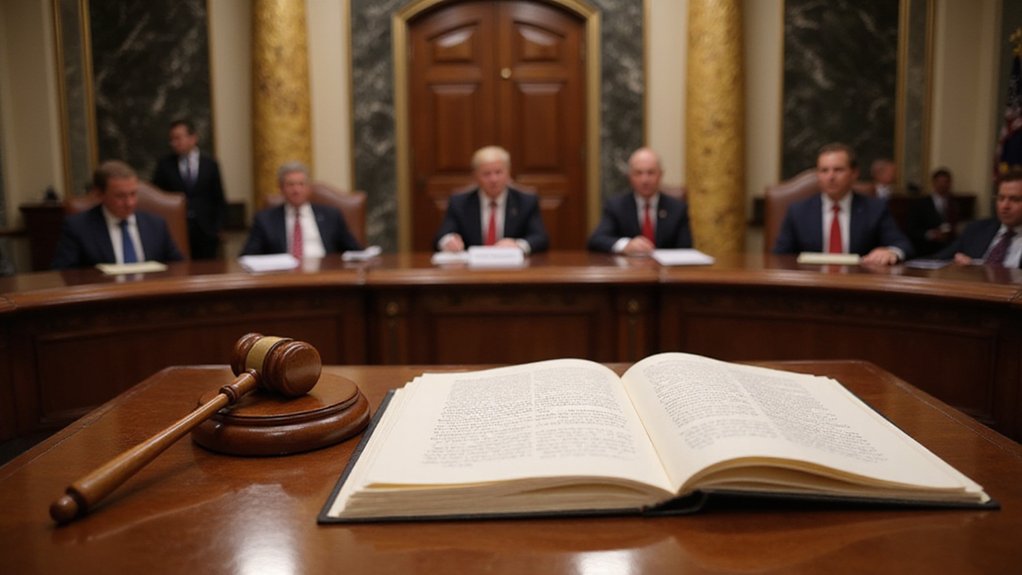Bitvavo has secured a Markets in Crypto-Assets (MiCA) license from the Dutch Authority for Financial Markets (AFM), becoming the first Dutch crypto exchange to navigate the European Union’s freshly minted regulatory framework—a distinction that, while perhaps more bureaucratic than revolutionary, positions the Amsterdam-based platform to operate across all 30 European Economic Area countries.
The licensing achievement, completed within six months of MiCA’s January 2025 implementation, represents something of a regulatory sprint in an industry where compliance timelines typically stretch like molasses. Co-founder and CEO Mark Nuvelstijn expressed full support for MiCA’s principles, though one might wonder if his enthusiasm would remain equally effusive had Bitvavo been rejected rather than crowned as the Netherlands’ regulatory pioneer.
MiCA’s extensive framework attempts the Herculean task of unifying crypto regulation across EU member states—a noble endeavor considering the previous patchwork of national rules that made cross-border crypto operations about as straightforward as explaining blockchain to your grandmother. The regulation focuses on investor protection, innovation promotion, and financial stability, three objectives that occasionally exist in delicate tension with one another.
MiCA heroically attempts to wrangle Europe’s crypto chaos into unified compliance—because nothing says innovation like continental bureaucratic harmony.
Chief Risk Officer Jeetan Patel described the licensing process as “rigorous but efficient,” praising the AFM’s constructive dialogue throughout the evaluation. This collaborative approach apparently contrasts sharply with the adversarial regulatory relationships that have characterized crypto oversight in other jurisdictions, where exchanges and regulators often circle each other like wary prizefighters.
The license enables Bitvavo to expand both retail and institutional services across the EEA, supporting its ambition to become Europe’s leading digital asset trading platform. As a centralized exchange, Bitvavo will continue to function as a regulated intermediary between buyers and sellers while maintaining custody of user assets and enabling seamless conversion between cryptocurrencies and traditional currencies. This positions the exchange alongside other MiCA-licensed competitors including Kraken (Ireland) and Coinbase (Luxembourg), creating what amounts to a regulated oligarchy of crypto platforms operating under unified European oversight. The regulatory clarity has already demonstrated tangible market impact, with EU trading volumes reportedly surging 70% in the first quarter of 2025 following MiCA’s implementation.
Beyond the immediate operational benefits, Bitvavo’s MiCA compliance signals regulatory legitimacy to users and investors—a valuable commodity in an industry where trust remains as volatile as the assets being traded. The license covers trading, custody, and issuance services, providing extensive authorization for crypto operations that would have seemed fantastical just a decade ago when Bitcoin remained primarily the domain of cryptographers and libertarian theorists.









